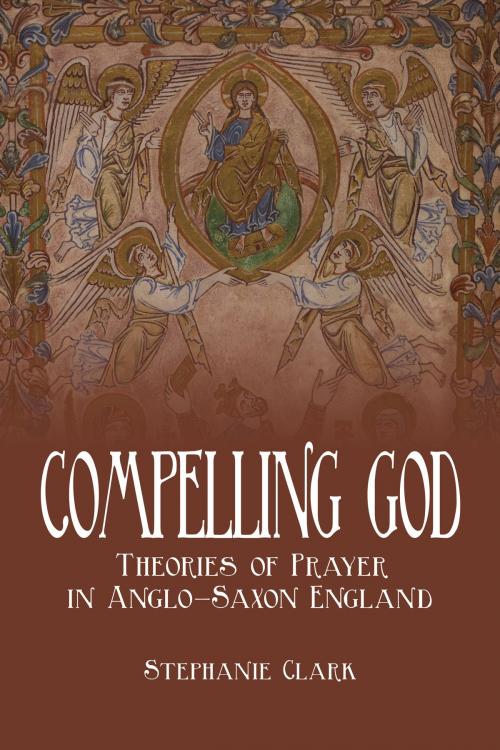Compelling God
Theories of Prayer in Anglo-Saxon England
Fiction & Literature, Literary Theory & Criticism, British, Nonfiction, Religion & Spirituality, Reference, History, Medieval| Author: | Stephanie Clark | ISBN: | 9781487514389 |
| Publisher: | University of Toronto Press, Scholarly Publishing Division | Publication: | March 1, 2018 |
| Imprint: | Language: | English |
| Author: | Stephanie Clark |
| ISBN: | 9781487514389 |
| Publisher: | University of Toronto Press, Scholarly Publishing Division |
| Publication: | March 1, 2018 |
| Imprint: | |
| Language: | English |
While prayer is generally understood as "communion with God" modern forms of spirituality prefer "communion" that is non-petitionary and wordless. This preference has unduly influenced modern scholarship on historic methods of prayer particularly concerning Anglo-Saxon spirituality.
In Compelling God, Stephanie Clark examines the relationship between prayer, gift giving, the self, and community in Anglo-Saxon England. Clark’s analysis of the works of Bede, Ælfric, and Alfred utilizes anthropologic and economic theories of exchange in order to reveal the ritualized, gift-giving relationship with God that Anglo-Saxon prayer espoused. Anglo-Saxon prayer therefore should be considered not merely within the usual context of contemplation, rumination, and meditation but also within the context of gift exchange, offering, and sacrifice. Compelling God allows us to see how practices of prayer were at the centre of social connections through which Anglo-Saxons conceptualized a sense of their own personal and communal identity.
While prayer is generally understood as "communion with God" modern forms of spirituality prefer "communion" that is non-petitionary and wordless. This preference has unduly influenced modern scholarship on historic methods of prayer particularly concerning Anglo-Saxon spirituality.
In Compelling God, Stephanie Clark examines the relationship between prayer, gift giving, the self, and community in Anglo-Saxon England. Clark’s analysis of the works of Bede, Ælfric, and Alfred utilizes anthropologic and economic theories of exchange in order to reveal the ritualized, gift-giving relationship with God that Anglo-Saxon prayer espoused. Anglo-Saxon prayer therefore should be considered not merely within the usual context of contemplation, rumination, and meditation but also within the context of gift exchange, offering, and sacrifice. Compelling God allows us to see how practices of prayer were at the centre of social connections through which Anglo-Saxons conceptualized a sense of their own personal and communal identity.















